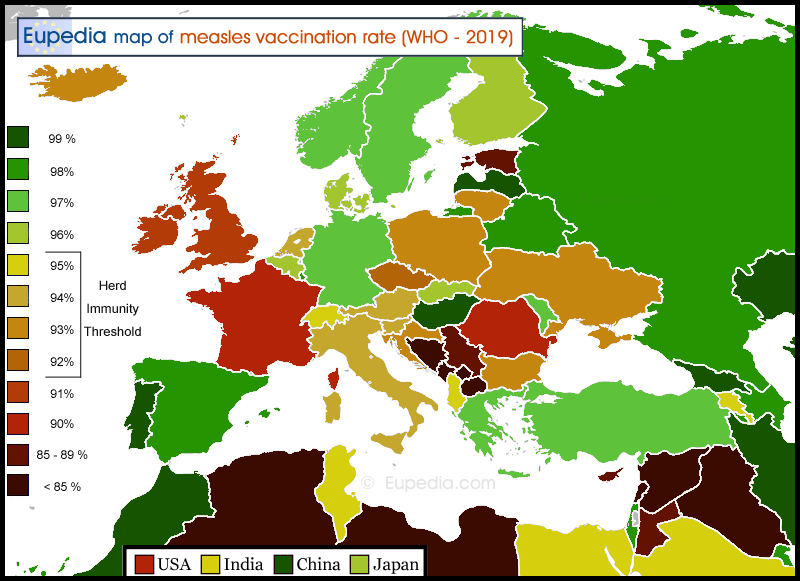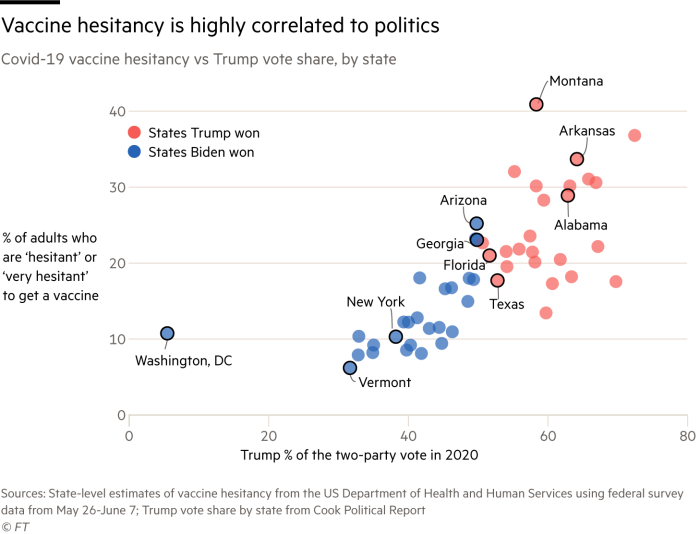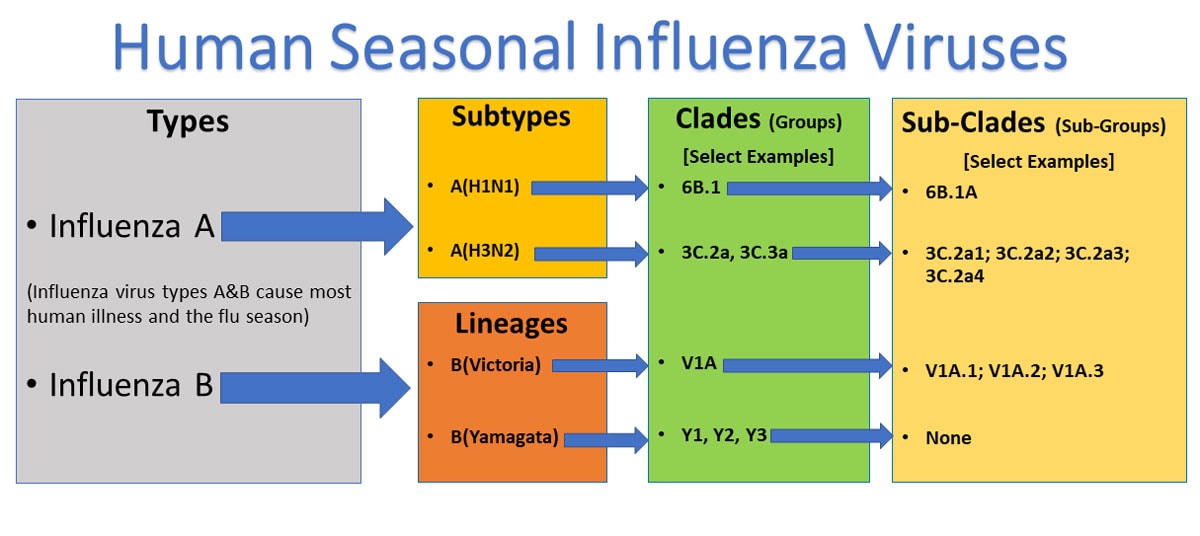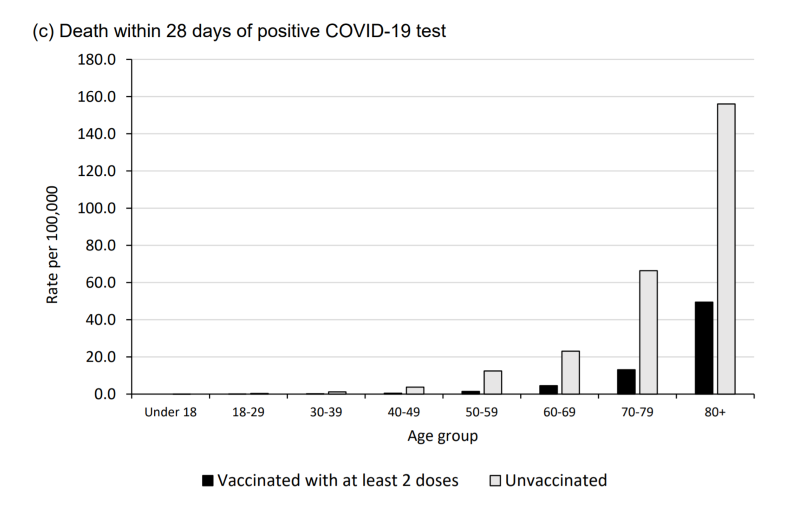Vaccination is a topic that is as likely to divide people and families as politics and religion. It has been exacerbated by the Coronavirus pandemic, but the rift was already present long before in some countries.
According to Our World in Data, 33% of French people don't believe that vaccines in general are safe. That is the highest percentage in the world, ahead of countries like Russia (24%), Switzerland (22%), Austria (21%), Belgium (21%), the Netherlands (17%), Italy (14%), Germany (13%), and the USA (11%), to cite only a few Western countries.
The French also come on top among developed countries for the percentage of people who don't think that vaccines (in general) are effective. Despite strong evidence that they do work, 18% of French people refuse to believe so. Other countries with large percentages (>10%) of deniers are usually developing countries, including Liberia, Nigeria, Togo, Gabon, Namibia, Uganda, Peru or Indonesia. In contrast, only 3 to 4% of Japanese, German, British, Irish or Nordic people doubt the efficacy of vaccines. The US and Canada are a bit higher at 6%, but still a long way off France's 18%.
Nonetheless, 76% of French people agree that vaccines are important for children. It may seem high, but it's also one of the lowest percentages in the Western world, when the average is 89% in Northern Europe, 86% in Southern Europe, 87% in the USA, Canada and New Zealand, and 92% in Australia.
What is amazing is that France managed to convince 76% of its population to get vaccinated against Covid-19, considerably more than some countries that are less sceptical about the efficacy and benefits of vaccines in general, such as Sweden (71%), Germany (69%) and the United States (66%). But it also mean that at least 10% of French people got vaccinated even though they thought it was not safe to do so, or that a lot of people aren't really sure what they believe. So the stats should probably distinguish better between the vaccine-hesitant and full-on disbelievers.
That made me wonder what was the profile of a typical anti-vaxxer and whether that profile was different in various countries.
Profile of the anti-vaxxers in France
A study of 86,000 individuals conducted by two sociologists in December 2020 about the Covid vaccine and vaccination in general found that French anti-vaxxers were more likely to be:
Profile of the anti-vaxxers in United Kingdom
The British governments published a detailed report on Covid vaccine-hesitancy based on 15,000+ respondents.
Profile of the anti-vaxxers in the United States
Pew Research did an opinion survey on the measles vaccine in 2015 and the demographic groups that stood out the most anti-vaxxer were the non-Whites (17%, against 6% of Whites) and those with less education (14% for HS or less, against 5% of College Graduates+)
According to this article, Americans who reject vaccines are more likely to be:
They were also more likely to be Midwestern and middle aged, but that's probably because the Midwest is more rural and less educated to start with.
In summary, among these three countries, the common denominator of anti-vaxxers are that they tend to be poorer, less educated, and more likely non-White.
According to Our World in Data, 33% of French people don't believe that vaccines in general are safe. That is the highest percentage in the world, ahead of countries like Russia (24%), Switzerland (22%), Austria (21%), Belgium (21%), the Netherlands (17%), Italy (14%), Germany (13%), and the USA (11%), to cite only a few Western countries.
The French also come on top among developed countries for the percentage of people who don't think that vaccines (in general) are effective. Despite strong evidence that they do work, 18% of French people refuse to believe so. Other countries with large percentages (>10%) of deniers are usually developing countries, including Liberia, Nigeria, Togo, Gabon, Namibia, Uganda, Peru or Indonesia. In contrast, only 3 to 4% of Japanese, German, British, Irish or Nordic people doubt the efficacy of vaccines. The US and Canada are a bit higher at 6%, but still a long way off France's 18%.
Nonetheless, 76% of French people agree that vaccines are important for children. It may seem high, but it's also one of the lowest percentages in the Western world, when the average is 89% in Northern Europe, 86% in Southern Europe, 87% in the USA, Canada and New Zealand, and 92% in Australia.
What is amazing is that France managed to convince 76% of its population to get vaccinated against Covid-19, considerably more than some countries that are less sceptical about the efficacy and benefits of vaccines in general, such as Sweden (71%), Germany (69%) and the United States (66%). But it also mean that at least 10% of French people got vaccinated even though they thought it was not safe to do so, or that a lot of people aren't really sure what they believe. So the stats should probably distinguish better between the vaccine-hesitant and full-on disbelievers.
That made me wonder what was the profile of a typical anti-vaxxer and whether that profile was different in various countries.
Profile of the anti-vaxxers in France
A study of 86,000 individuals conducted by two sociologists in December 2020 about the Covid vaccine and vaccination in general found that French anti-vaxxers were more likely to be:
- Poor : Among the bottom 10% of the socio-economic strata, 17.5% of people were completely opposed to vaccines in general and 19.5% to the Covid vaccine. The percentage goes down steadily as social class increases. Among the richest 10% the percentages of anti-vaxxers were respectively 4.5% (general) and 6.5% (Covid).
- Less educated : 18.7% of people with no diploma opposed vaccines in general, against 4.3% of university graduates. The same trend was true for the Covid vaccines, although with less disparity (16% against 8%).
- Non-White : 20% of non-White first generation immigrants and 18% of non-Whites from the overseas colonies are against vaccination in general (compared to 10% for the mainstream population).
Profile of the anti-vaxxers in United Kingdom
The British governments published a detailed report on Covid vaccine-hesitancy based on 15,000+ respondents.
- Blacks have the highest rates of vaccine hesitancy (21%) compared with White adults (4%).
- Vaccine hesitancy was considerably higher among Muslims (14%) than Christians (4%).
- Poor : Adults living in the most deprived areas of England were more likely to report vaccine hesitancy (8%) than adults living in the least deprived areas (2%).
Profile of the anti-vaxxers in the United States
Pew Research did an opinion survey on the measles vaccine in 2015 and the demographic groups that stood out the most anti-vaxxer were the non-Whites (17%, against 6% of Whites) and those with less education (14% for HS or less, against 5% of College Graduates+)
According to this article, Americans who reject vaccines are more likely to be:
- Poor : People earning less than $25,000 a year are 50% more likely to distrust vaccines.
- Rural : Rural dwellers are 28% more likely to refuse vaccines.
- Less educated : People with a high school diploma as their highest education level are 11% more likely to be against vaccines.
- Don’t care about the environment : anti-vaxxers are 30% more likely to be “not concerned at all” about the environment and climate change.
They were also more likely to be Midwestern and middle aged, but that's probably because the Midwest is more rural and less educated to start with.
In summary, among these three countries, the common denominator of anti-vaxxers are that they tend to be poorer, less educated, and more likely non-White.
Last edited:






